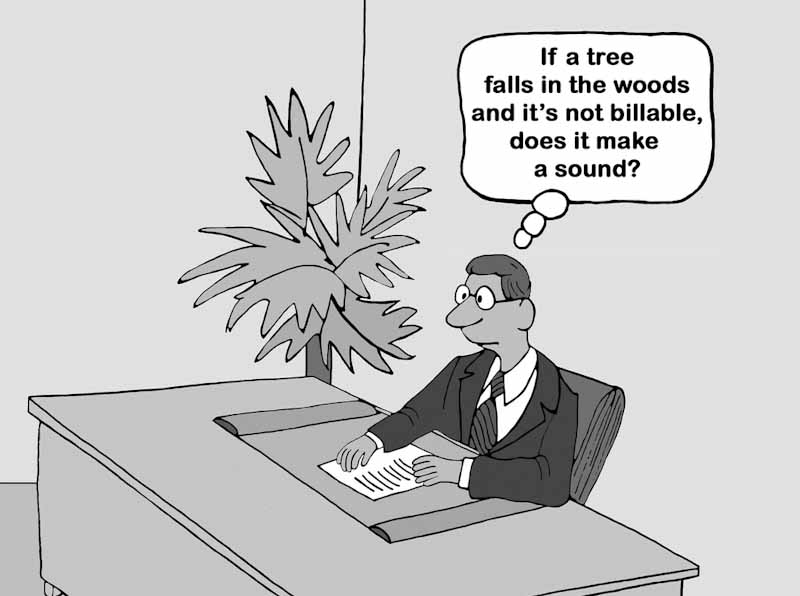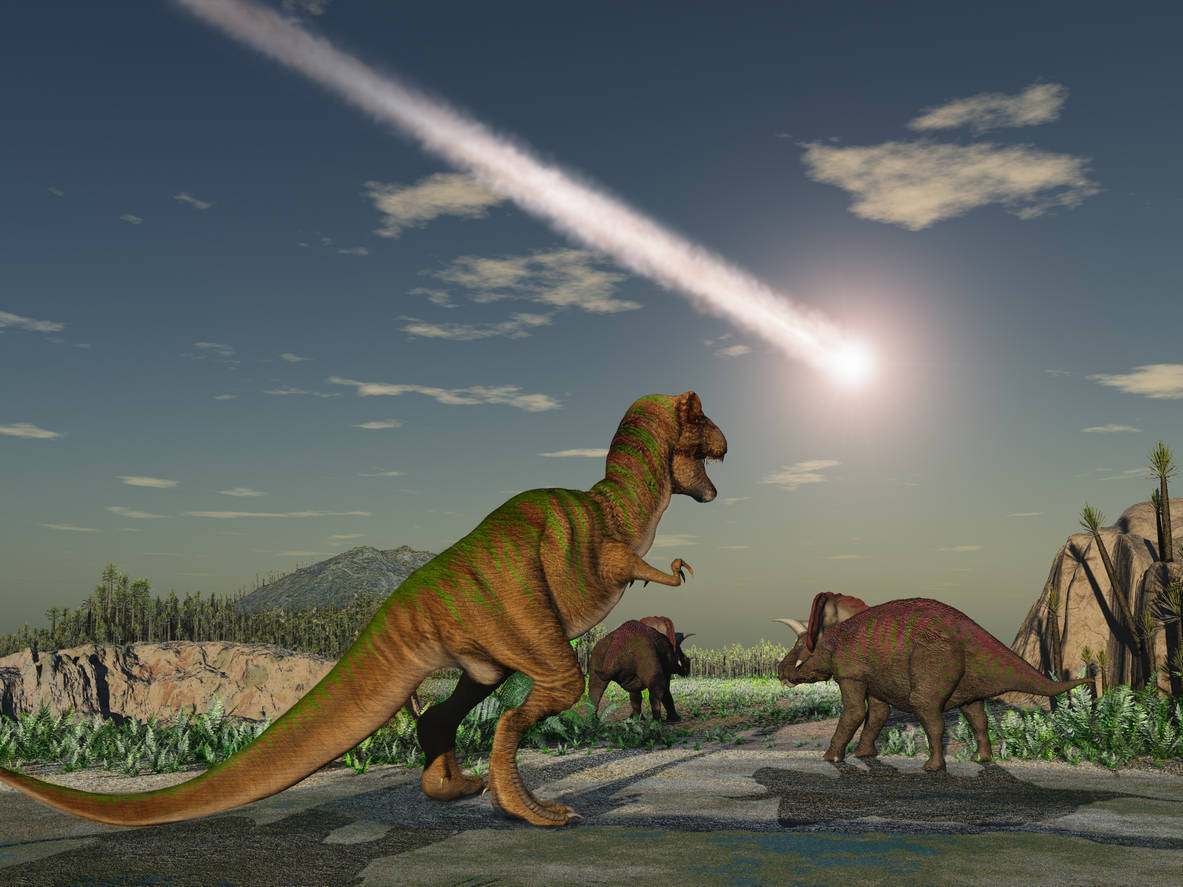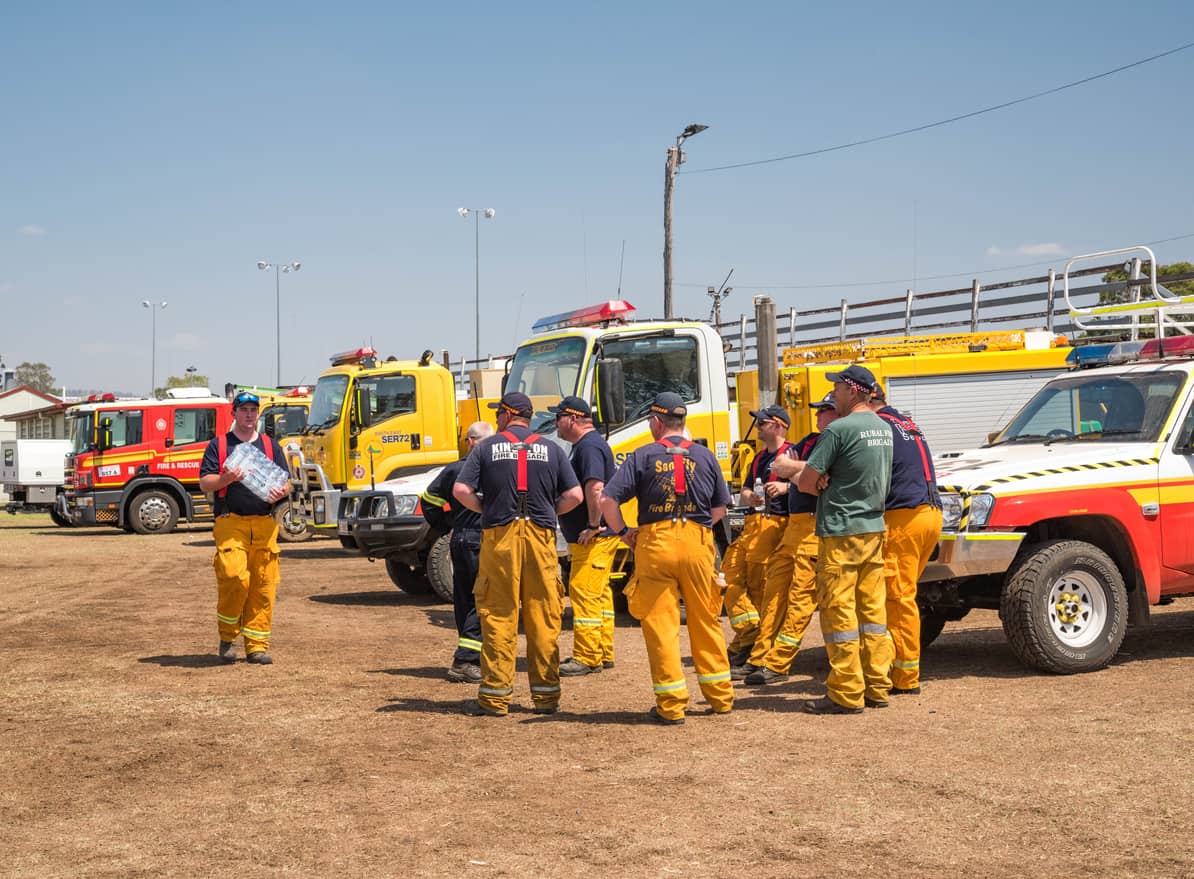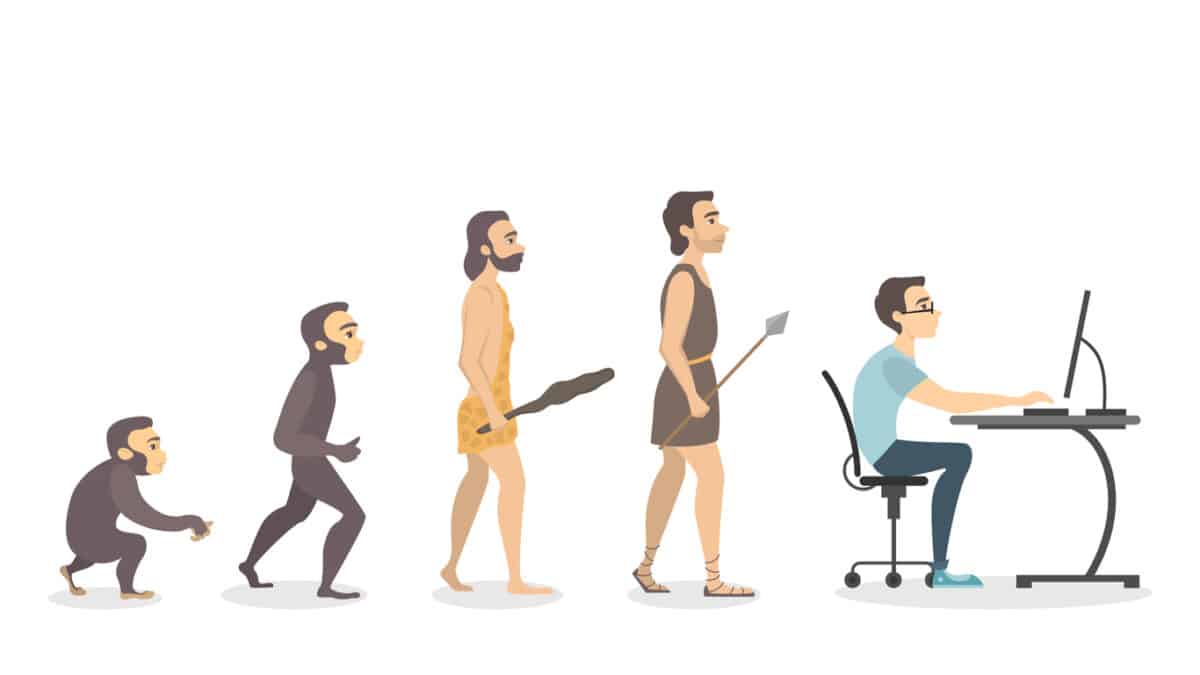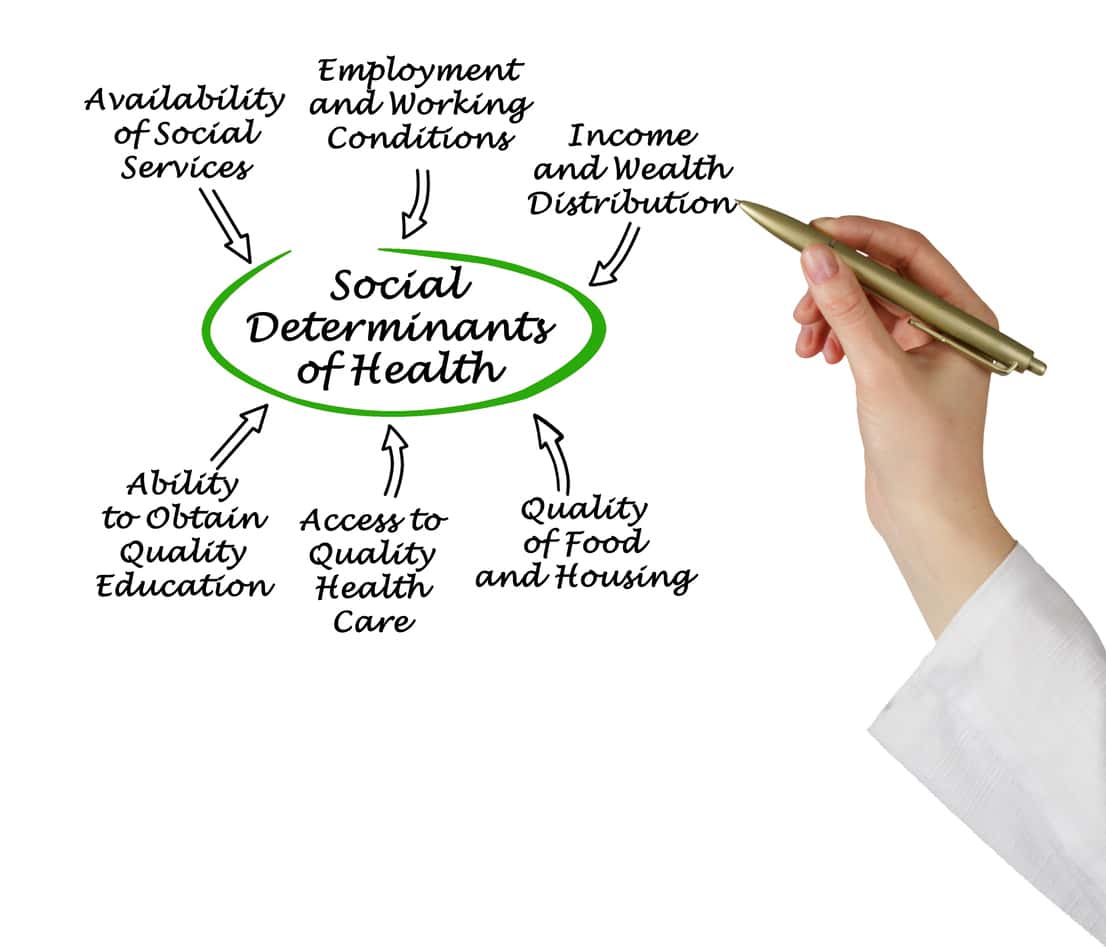Late last week, it was announced that prominent lawyer Michael Tooma was leaving Clyde & Co for a position with Hamilton Locke, focussing on environment, social, and governance matters. This is interesting in one way, as lawyers move firms regularly, but his comments about the social harm from law firms’ reliance on billable hours was more interesting.
Category: culture
Get rid of dinosaur thinking on workplace mental health
Victoria’s coronial services has been found guilty of breaching its occupational health and safety (OHS) obligations after one of its employees died by suicide, identifying work issues as a major factor in her death. WorkSafe Victoria has released the best source of information on this case. Most of the mainstream media is relying on a newswire report,which is based on WorkSafe’s information.
Significantly none of the prevention strategies identified by WorkSafe are included in the media reports even though this is perhaps the most vital information for preventing recurrences.
This article looks at the advice offered by WorkSafe Victoria in its media release on what actions it believes could prevent the occupational factors that resulted in this suicide from emerging, or not being addressed, in your workplaces.
Is it time to ditch the Safety Moment?
It’s National Safe Work Month in Australia this October. This year’s theme is SafeTea** emphasising the importance of involving everyone in work health and safety (WHS) discussions by encouraging workplaces to have a safety chat over a cup of tea. This started me thinking about safety conversations. Is the Safety Moment mentioned at the start of every meeting ritual impactful, engaging, behaviour changing or is just eroding safety credibility?
OHS context in many mainstream news stories, if you look
Occupational health and safety (OHS) is rarely reported on in the mainstream newspapers but every week OHS is there, adding a contect to a scandal or subtext to a public health risk. Last weekend was no different. The Guardian of September 16, 2023 reported on a review of personal relationships by BP, a prison escape, deaths from air pollution, a more relaxed approach to work, shoplifting and customer aggression, and more.
You pay peanuts, you get monkeys
A recent Crikey article quotes a Qantas pilot saying “you pay peanuts, you get monkeys”. Australian businesses are gfighting asgainst wage increases, so they must want to employ “monkeys”.
Australia is engaging in its ritual industrial relations (IR) arguments about productivity, pay and conditions. Business concerns are that the IR changes will increase business costs beyond the point of sustainability (ie. Profitability), as always. Trade unions want improved worker pay and conditions.
Global Occupational Health and Safety Handbook – A Critical Review
OK, let me own up. In 1999, I wrote Working for Life A Source Book on Occupational Health for Women. Earlier, I was posted to Indonesia to head up a program on occupational health and safety with the International Labour Organisation (ILO). I was supposed to improve the skills of labour inspectors, using specific training devised by other highly paid experts with the ILO.
What wasn’t included was how to cover corruption and studied ineptitude. Factory inspections inevitably concluded with the uniformed inspectors carting goods ‘donated’ back home.
Why is profit put before safety?
Occupational health and safety (OHS) is a remarkably insular profession. It tends to narrow its focus on legislative compliance even though Social Determinants of Health is a core unit of tertiary OHS education. OHS professionals are also notably weak in understanding the business realities that their employers and customers face. This inability to understand the economic realities is a common criticism of OHS, not reflecting “common sense” and being naïve.
To understand OHS’ limitations and potential, it is necessary to have a basic knowledge of the economic and political ideologies under which clients and employers work. “The Big Myth – How American Business Taught Us to Loathe Government and Love the Free Market”, by Naomi Oreskes and Erik M Conway, contributes to that understanding.

